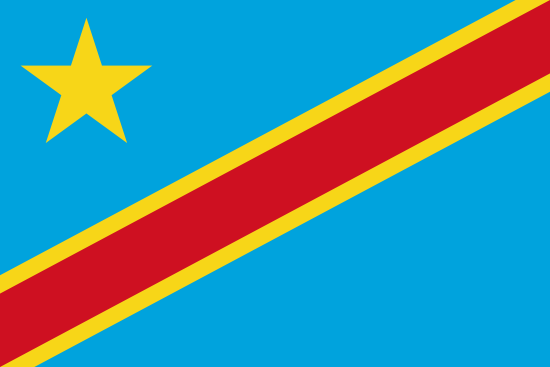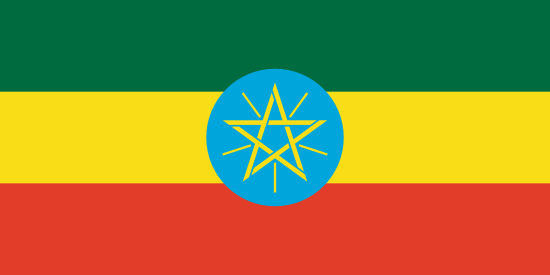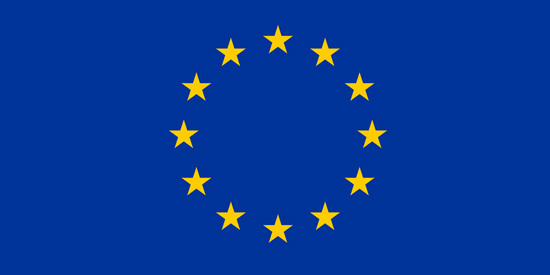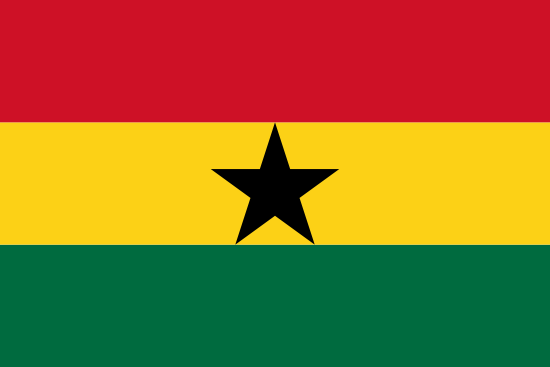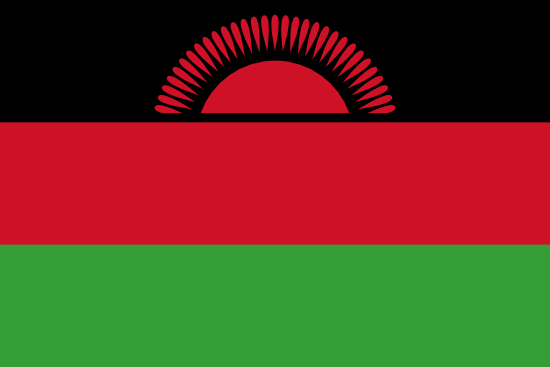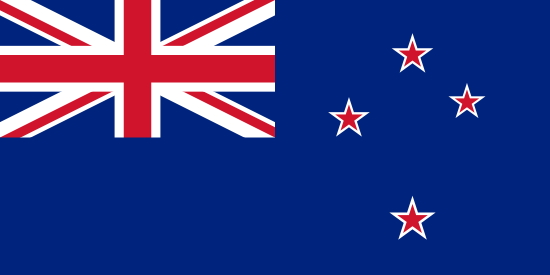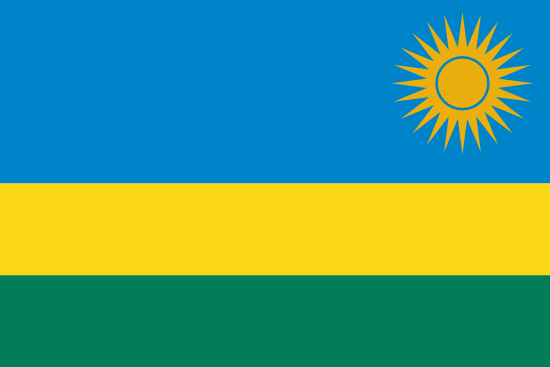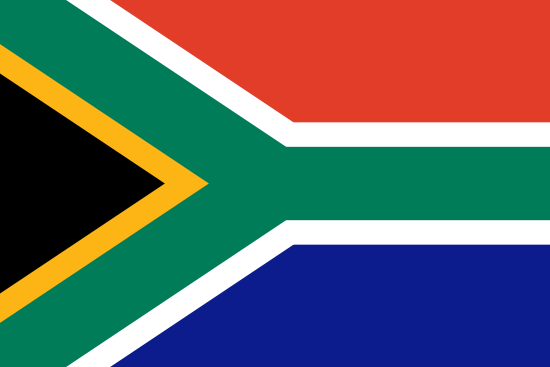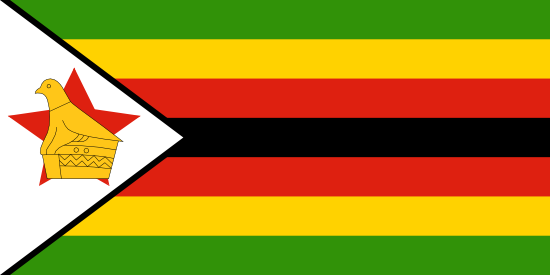Ministry Update – March 2022
Thanks to your ongoing support, our AE teams have enjoyed some wonderful success in our outreach programs across Africa. By the grace of God, our Togo farming project has begun, with participants preparing the land ready for seed planting. They are also being educated on the correct way to grow vegetables for sustainability.
In Kenya, the local church leaders are helping to train up missionaries to reach even more people with the good news of Jesus. The Foxfire program has also had great success, with high schools now participating in forums to expand and continue the harvest. One young student, Boaz, says that he ‘feels strengthened to keep pure and serve God and His people.’
Our sewing school in Malawi has seen many graduates become trained in tailoring and professional dressmaking. These skills enable people to generate an income to meet their basic needs, and some have even gone on to open their own businesses.
The Hope for Girls Project will also soon launch in Malawi, with the aim of providing essential re-useable sanitary products to young girls aged 10 and over. This will be incorporated into the needlework program to ensure the sustainability of the program.
AE Ethiopia continues integrating new believers from the Kotebe mission into the mainstream church. New believer Gelan Megersa says she was met by someone on the street who told her about Jesus. “I was convinced and became a believer, and have been attending discipleship classes for the past 3 months. I have seen such a transformation in my life.”
In Uganda, the Omoo Youth Skilling and Production Centre has been training young people to bake cakes, mandazi, samosas, chapatis and buns to sell to the local market. They were able to raise more than 200,000 Uganda Shillings (approximately AUD 73.74) through the sale of their products.
Once again, AE has been able to outreach successfully in South Africa. In partnership with other ministries, we have been able to bring food relief to those who continue to suffer from unemployment, the ravages of the pandemic and the aftermath of recent unrest.
One recipient said that she had been praying for God’s intervention after both her mother and sister succumbed to COVID leaving her with the responsibility of caring for her brothers, all of whom are unemployed. Her response to our outreach was, “I feel I have hope now.”
Your prayers and support are invaluable to AE, and we give thanks to God for enabling us to bring some relief and minister to communities in desperate need. Please continue to pray with us that those whose hearts are moved by the Holy Spirit may grow in their journey of faith and be a witness to others.
COVID-19 shook pastoral ministry in Rwanda following frequent lockdowns and different restrictions that limited religious gatherings and fellowships. During this time of the uncertainty and ambiguity, Pastor Deogratias Rwabuyonza was privileged to undergo training on Home Based Evangelism (HBE) facilitated by AE- Rwanda. He recounts that it was a great time to figure out the new way of continuing the ministry in new environment and circumstances.
After the training, Pastor Deogratias, 55, decided to do ministry in his family – with his wife and 6 children. This was a dynamic transition for the pastor who serves with Pentecostal Assemblies of God, Rwanda.
“I have been in ministry for the last 25 years. I have been an interdenominational pastor as a coordinator of local churches in Kabarondo for 15 years now,” he says.
In the family ministry, Pastor Deogratias used to have fellowships on daily basis at home with his wife and children.
“We enjoyed moments of fellowship together as a family, where we used to have time for the word, sharing testimonies, thanksgiving and we got time of open confession to each other. My wife and I as parents were free and open to our children and they were open to us. We experienced brokenness in our midst,” the pastor said.
The family took time to build each other by encouraging each one to keep up on the areas they were doing well and also highlighting areas that each one needed to improve in. They came up with a plan of evaluating every one’s development; and the outcome of the family fellowship was confessing to and forgiving each other.
In the fellowship, the members of the family used to give offerings for helping the needy outside the family. The family also decided to do evangelism through humanitarian activities.
“We managed to help 6 children who were underserved and 2 of them came to faith in Jesus Christ. The 6 are still coming to our church and we are trusting God, the other 4 will come to the faith as well,” Deogratias recounted.
As the pastor, Deogratias continually helped the 6 children by buying them books, paying money for shaving their hair, hosting them at his home and sharing meals. The family is now looking forward to do hospital ministry where they will cook food for the needy patients and pay medical insurance for the poor.
“In the spirit of Home Based Evangelism, I have tried to reach 3 street children, where I give emotional care by bringing them home to share meals. My target is to bring them back to their homes so that they can be helped to continue with their studies,”
Pastor Deogratias remarked.
AEE-Rwanda implements a healing and reconciliation program targeting both students and out of school youth. The program also targets the key community groups that have greater influence on youth. The key ones being parents, teachers, grassroots leaders, and pastors.
The youth are the nation. More than 50% of Rwanda’s population is under the age of 18. Preparing the youth to become responsible citizens will break the cycle of violence. Parents probably have the greatest influence in molding the character of their children.
Parents were educated to impart messages of repentance, forgiveness, and peaceful coexistence with other groups.
Pastor Come Rwasibo one of the 14 pastors trained on healing and reconciliation tells his story. Come is the Senior Pastor of Rwanda Christian Revival Church (RCRC), He resides in Mwurire Sector, Ntunga cell, Cyimbazi village in Rwamagana District.
Come shared how he had experienced healing because of the training that helped him to understand that forgiving those who wounded him is the only way to experience healing and completely get rid of wounds of trauma that resulted from the loss of his beloved family members in 1994 Genocide Against Tutsi and the betrayal from fellow pastors in the ministry 10 years ago.
“Being healed of wounds of trauma is a result of discovering personal inner strengths and accepting help from others-willing people. When I was listened to during the training, I felt respected by people who gave me their time in listening to me. I felt safe which gave me the courage to share my past painful and hurting experiences with group members. In the 1994 I lost my beloved relatives who were innocently killed. This wounded my heart, I always found it hard to forgive those who killed my relatives. Ten years ago, I was also hurt by fellow pastors in the ministry. Colleagues unlawfully sued me and broke away with three-quarters of the churches I had facilitated to start in the ministry”, With sobbing eyes, Come narrates his painful story.
“For all this time, I felt bitter and inhabiting unforgiveness despite being a Senior Pastor, but I am now free, my heart is clean. I have understood that many wounded people resent God and hate people which continues to limit their development both economically and spiritually. From the time I made the decision to forgive those who hurt me, I have begun to experience inner peace and I feel restful. From now onwards, I will purposefully listen to people and help them to get healed of their wounds of trauma. Like it has been to me, many wounded people do not want to be approached or share their painful experiences and get healed” said Pastor Come.
The Mombasa West Mission in Kenya is the first one to be conducted in the year 2021. The mission is scheduled for 1st to 11th July. The mobilization of missioners and preservation facilitators took place in the month of May. The AEE Kenya team intends to host 300 visiting missioners in 9 zones. The rest of the missioners will come from within Mombasa. This month, there has been a series of continued mobilization and trainings.
The Kayonza Mission in Rwanda was scheduled for 20th – 27th June but following the Volcanic eruption in the neighboring DRC, the mission was postponed to 15th – 22nd August. Preparations for the same are ongoing. At least 127 homes are targeted to be trained to conduct Home Based Evangelism (HBE). Though this is an ongoing activity, 42 households were reached in May this year using HBE and 9 people accepted to follow Christ.
In the Democratic Republic of Congo (DRC), preparations for the Mont-Amba Mission, which is set for 16th to 24th October, are ongoing. Mont-Amba is located South East Kinshasa in DRC. AE DRC Team conducted School of evangelism in the targeted location of the Matete, Ngaba, Kisenso and Lemba districts and a total of 276 participants from 99 local churches were trained. Currently, the team is mobilizing for prayer and funds for the mission. Earlier, 19 different local churches were equipped for further church members’ mobilization in the target area.
AEE Tanzania is set to have its mission between 22nd and 29th August in the capital city, Dar es Salaam. The team has been meeting the Pastors, equipping them through trainings towards the mission and conducting prayer for the 2021 Mission. Mobilization of evangelists and partners to participate in Dar Back-to-God Mission has as well been ongoing. In the month of May, a group of intercessors from different Churches gathered to purposely pray for the mission preparation and all programs at AEE-Tanzania.
In September, AE Uganda will have a mission in Jinja from 19th to 26th. The AE Team conducted a Vision Casting seminar for the mission where 52 leaders from Jinja City attended. This meeting brought together both the Anglican church leaders and Pentecostal church leaders in one house for the same purpose bridging the gap and dealing with misunderstandings that have always been there. Mobilization teams have been established and tasked to draft their strategies to aid achieving the mission targets. An overall steering committee with 18 members was constituted in May to help oversee the preparations. AE Uganda facilitated a training held in Entebbe for 120 evangelists by our partners in ministry who are planning a citywide mission in that city. The training was organized by the Joint Pastors Network in Entebbe city.
AE Southern Africa Region (AESAR) which is comprised of the Malawi, Zambia and Zimbabwe teams is set to hold a mission from 19th – 25th September in Zomba, Malawi. AE Malawi held three training sessions in Zomba ahead of the mission where 85 people were trained. The second phase of training the same group was set for the month of June. In April this year, task team leaders for the Zomba Leadership Mission were successfully appointed and a meeting with Church leaders in Zomba to review mission plans was held.
The AE Zambia team continues to go through the AE Manuals to adequately prepare for both the Kitwe and Lusaka mission scheduled for this year and next year respectively. The AE Zambia team visited Kitwe at the invitation of the Maranatha Pentecostal Assemblies of God church to help with the mobilization of the church for evangelism. Close to about 100 church members turned out for the evangelism outreach in Kalulushi.
In Ghana, the AE team is preparing to have a mission in Lome, Togo from the 15th to the 25th of October. An online meeting with the leaders in Togo was held earlier to aid preparations. The leaders were also able to meet the working committees in person. A HBE online training is scheduled for 30th June.
Preparation is ongoing for AE Ethiopia’s mission scheduled for 22nd – 26th December in Kotebe, North East of Addis Ababa. Last month, the AE team held a Home Based Evangelism training as part of the preparations steps for the mission.
In 2002 AEE Rwanda piloted the first Rwandan self-help groups (SHGs, also known as community transformation groups), adapting the successful Indian SHG model to work locally. Since then, with its partners, AEE Rwanda has brought the transformational power of SHGs to hundreds of thousands of Rwandese.
A typical SHG is formed by fifteen to twenty people living close to one another and in similar economic and social circumstances. Members are generally drawn from the poorest and most vulnerable in a community. In Rwanda the SHGs are predominantly all-women – recognized as the most successful model – but increasingly men’s and mixed SHGs are prospering. Each SHG will set its own rules when it is formed and is expected to manage its own business with community facilitators and AEE field staff providing assistance and guidance only.
SHGs pool members’ resources through savings. Starting small, members might save the equivalent of twenty to fifty cents a week. Selected by turn, need, and their ideas, members are granted a loan. Most often the loan is used to fund a small business activity such as buying produce from a grower to sell at market. The loan is repaid to the group and the member keeps the profit. With the increased income the groups are able to quickly increase their savings, opening the door to more ambitious projects. As the groups mature they form together into clusters. A cluster might rent or buy rented tracts of land to grow vegetables for sale, or even build early childhood centers where the community’s children can be safe and stimulated while their parents work. As clusters mature, they form into federations, and SHGs collected into a federation are strong enough to work in partnership with district authorities and NGOs on broader community projects.
But SHGs do more than just build economic prosperity. Through belonging and working together, SHGs build a person’s holistic well-being.
“I could never leave my self-help group. With the group, I moved out of isolation. Bringing up children alone used to scare me. It was very hard; but being in the group gives me energy now. I feel I have a family.” Olive, single mother of four children
I can’t express in words what my group means to me. They are my sisters – we support each other in everything. Rose
In recent years, AEE Rwanda is extending the SHG model to people with disabilities, providing the dignity of belonging and contributing.
Before, people with disabilities had to hide and we were alone. But now we can come forward and live among other people. We have self-respect. Abera
Through the generous support of our partners, hundreds of thousands of Rwandese have benefitted from SHGs, and these benefits multiply through families and communities. Children are better nourished, better schooled, better prepared to be a part of Rwanda’s future. Communities are transformed from the increased economic activity, the community projects, and the sense of empowerment, purpose, and cohesion.
Community benefits are starkly evident in the recent and ongoing COVID-19 response. SHGs have worked in their communities to communicate vital health messages and combat rumor and misinformation. Those SHGs with the means have produced cloth masks for their communities and run community kitchens for children under five whose parents had lost their incomes.
Written by John Kalenzi, AEE Rwanda Team Leader
Overshadowed by the enormous Nyiragongo volcano, the city of Goma in the Democratic Republic of Congo on lake Kivu has experienced years of conflict between Rwandan and Congelese troops, and in the past few days has been further overwhelmed by a volcanic eruption that has destroyed 500 of the city’s homes. 19 years after the last deadly blast that killed hundreds, thousands of people fled to neighbouring Rwanda on the past weekend, leaving hundreds of children separated from parents during the desperate flight to safety. Some children (supported by the Red Cross during this time) have since returned to the area, picking through the rubble for scraps of material to sell for food.
During this time, we ask for your prayers for these people who have been wracked by conflict and environmental disaster, that the Lord would make their way clear for them. DRC Team Leader Leonard Kiswangi commented on the issues these people are facing:
“A whole generation between 1994 and 2019 live in permanent fear with no meaning in life other than a fight for identity and survival…. life in this part of the world, is really hard and there has been no time where we could say that real peace and sustainable development has prevailed. Many people, under such devastating and bloody wars cry out saying that death was better than living in the context where all seems to describe hell! Peace, more particularly inner peace is the most needed life ingredient people are longing for. “
Please pray for the
- safety and well being of the city community, and for the healing hands of support and grace offered by Rwanda and NGOs in the area.
- work of Leonard and team as they provide whatever support is possible to churches in the region
- end to conflict and war in DRC.
- security and rebuilding of the city.
- love of Christ to be present through all Christians near and far to the people of DRC


